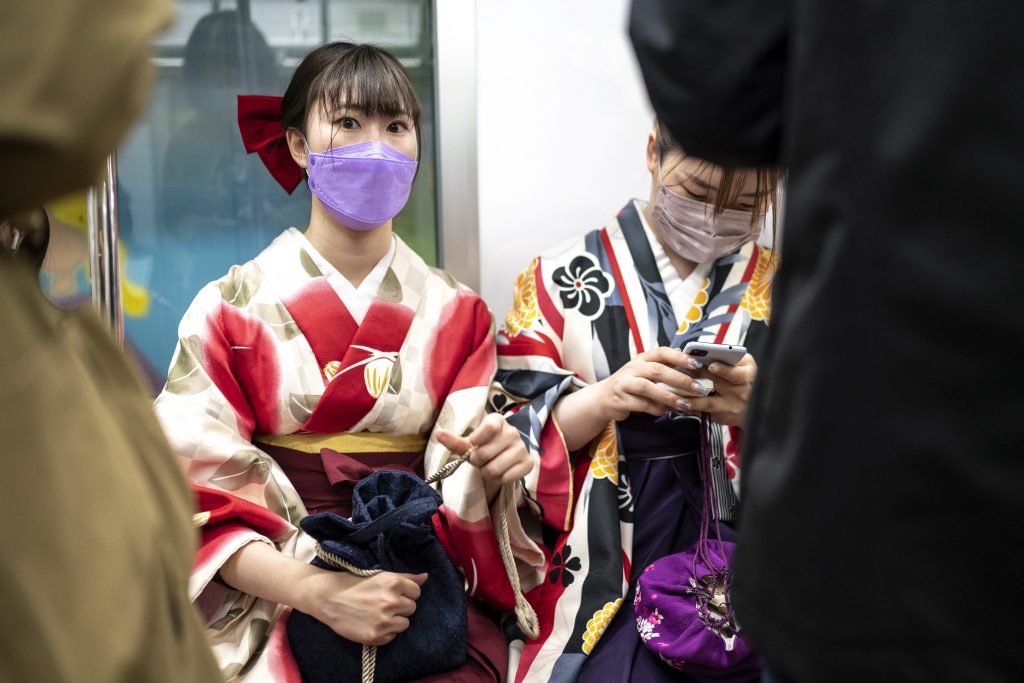
- ARAB NEWS
- 17 Aug 2025

Nader Sammouri
OSAKA: People who visit Japan usually define it as a ‘cultural goldmine.’ However, they often fall for deceptive impressions and fail to see the subtle parts of society. They are too distracted by the exotic aspects of this distinctive culture, misled by scripted courtesy and fabricated politeness that is often mandated by business managers, from the polite bow to the imprinted smile, merely heavy obligations of Japanese etiquette.
“When mentioning; the dark side of Japan, the first thing that comes to my mind is the Japanese social system and our old customs, which don’t align with modern times. Such a system has produced gender inequality, especially in the workplace, and an excessive caution regarding social norms and the pressures that arise from them. This continuously pushes the youth to take over their lives, because the sense of responsibility toward others in society exceeds one’s own desires,” said Rika Shigematsu, who works as a tour operator for Expo Dubai, in the UAE.
The best analogy to understand how culture can be gradually perceived is the mountain hike analogy. Numerous climbers gather every year to hike mountains like Mount Fuji in Tokyo and Mount Daimonji in Kyoto. Standing at the base of Daimonji-yama, for instance, and looking up in awe, a light feeling of adventure attends. The hiker sees a thick forest and has no ability to plot the surroundings accurately. Hikers have to move forward to start building mental maps of what lies around them. As they hike and scan the field, they finally realize their once distorted perspective. Judging from the bottom of the mountain, everything seemed serene and ideal. But plunged into the hike, one becomes aware of the exact challenges, twists, and turns. Similarly, one must walk deeper into the “forest” before Judging Japan or any other country from an exterior lens, including MENA countries.
Bullying those who are slightly different is another big part of Japanese society. It is specifically narrated at schools where students, like their role models; the parents, and teachers, are indirectly encouraged to bully each other into conformity. Many students who aren’t totally Japanese, Hāfu (ハーフ), or have features that reflect a variance will be bullied and given a hard time at school as they grow up.
“Whenever I talk with anyone from my parent’s generation, they still unanimously think that women should get married by 30, and a majority of women believe that they can’t continue working after giving birth. Getting married is many women’s utmost life goal in Japan. In fact, once a woman becomes a housewife, her position at work is compromised. Women are still judged by their gender and are told what roles to take, and the excuse is always the same; because you are a woman,” Shigematsu said.
Shigematsu said some foreigners can deal with prejudice when visiting Japan.
The xenophobia or “gaijin complex” that is often brought up isn’t necessarily an expression of dislike, but simply inexperience in dealing with foreigners, fear of novelty.
Perhaps every culture has an underlying dark side, immersed in the deep layers of society. But to Rika, many of her perceived dark aspects upon living in Dubai were apparent.
“Sometimes when I walk with a male friend, people make the assumption that we are a married couple,” Shigematsu said.
Rika hopes to contribute to making Japanese society more multicultural and believes that her generation has the power to change Japan in a good way, founded on various experiences outside of Japan.
“I think Japan should be more flexible, adapt to different backgrounds, and adjust its stringent social policies,” Shigematsu said.
No one can deny the innovation and high-quality products that Japanese people have produced over the years; the cars, technology, video games, and anime, which are associated with first-class brands like Yamaha, Bridgestone, Sony, Toshiba, Sega, Capcom, 7-Eleven, and plenty more, all immensely superior. But it all came at a huge cost, their lives.